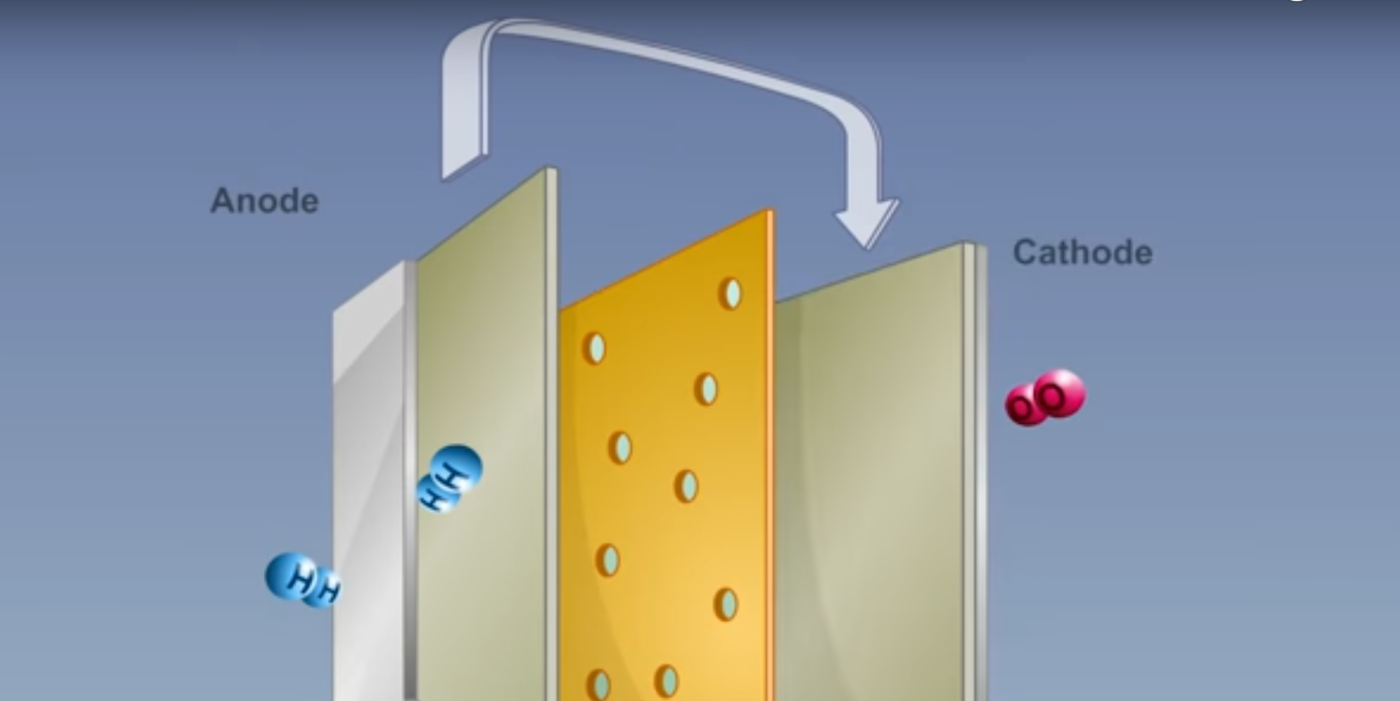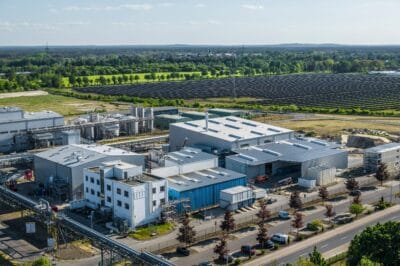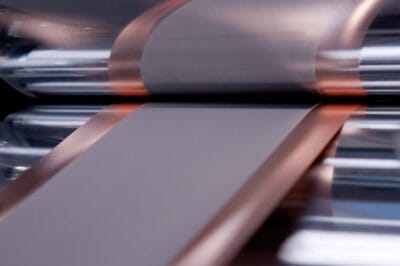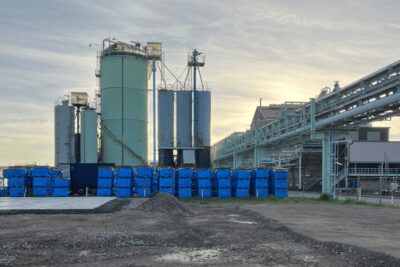HyPoint teams up with BASF on fuel cell aviation
The US hydrogen aviation specialist HyPoint has signed a strategic development agreement with BASF New Business (BNB), a subsidiary of the chemical company BASF. The aim is to develop and test a new proton-conductive Celtec membrane.
HyPoint develops air-cooled hydrogen fuel cell systems for aviation and urban air mobility. The purpose of the partnership with BASF is to develop and test a new proton-conductive Celtec membrane as well as related components and materials. The new membrane should have stronger mechanical properties that can operate at higher temperatures and a higher pressure differential.
In March this year, Hypoint revealed the key figures for its HTPEM (high-temperature proton-exchange membrane) fuel cell that the company calls the ‘turbo-cooled fuel cell’. According to the company, the system currently achieves up to 2,000 watts per kilogram of specific power and an energy density of up to 1,500-watt hours per kilogram.
The new membrane-electrode assembly (MEA) technology is supposed to improve the performance of HyPoint’s turbo air-cooled high-temperature proton-exchange membrane (HTPEM) fuel cell system. With the membrane’s enhanced mechanical properties in combination and an advanced MEA design with gas diffusion electrodes there should be a considerable reduction in the MEA’s weight while increasing its durability. HyPoint says that the new fuel cell system should achieve more than 3,000 W/kg, which is an increase of at least 50% over the current system.
Dr Alex Ivanenko, founder and CEO of HyPoint says: “BASF has substantial experience in the manufacture and development of HTPEMs, MEAs, as well as the necessary chemicals and compositions for hydrogen fuel cells.” He explained: “Our collaboration will yield next-generation membranes and membrane-electrode assemblies that result in a significant improvement to our system’s specific power, durability, and operational temperature range. Together, these will satisfy the requirements of the air transportation market, including narrow-body aircraft. It will also enable us to increase our production volume to meet customer demand and continue to expand capacity.”
The company was founded in 2019 and supplies zero-emission aircraft company ZeroAvia among others. HyPoint’s fuel cell system for aviation was first announced in June last year. Just six weeks ago, HyPoint signed a development agreement with Piasecki Aircraft Corporation (PiAC), whereby the two partners initially plan to develop five 650-kW hydrogen fuel cell systems for use in Piasecki’s eVTOL PA-890 compound helicopter.
Dr Frank Prechtl, Director of the Business Build-up Energy Management at BASF New Business says: “BASF supports the transformation of the mobility sector towards zero emissions. Hydrogen fuel cells are certainly a viable option for a sustainable and decarbonised air transportation. We look forward to working alongside HyPoint to bring its turbo air-cooled HTPEM fuel cells to market.”
HyPoint says the new fuel cell system should become available to customers in mid-2024.





0 Comments